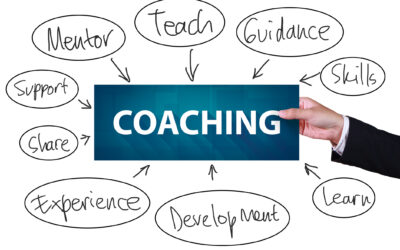Several years ago I attended a middle school graduation event. As part of the evening agenda the students each stood up and made a 3-5 minute speech about their appreciation for the school and how their experiences there would help shape their future.
Almost without exception every student looked down, and spoke so quietly and quickly it was very challenging to understand what they were saying!
These are highly accomplished, very smart young adults – many of whom would be attending private schools going forward. How could they lack knowledge, awareness and skills to speak to a room? And how will they be judged going forward without these skills? I am very familiar with the school they were graduating from, so I was surprised and worried, and decided right then I could help.
My corporate background and executive positions have presented many opportunities for communication, public speaking and leadership training. And in the last few years, as I attended this training, I also wondered what texting was doing to younger generation’s verbal skills and word usage. When do kids growing up today ever have a chance to practice verbal communication?
So that summer—using those years of learning and experience—I designed a two-part course for the eight grade class at the school, and pitched the course to the Principal and the Language Arts teacher. They approved and I started volunteer teaching two classes a month, and continued to grow the curriculum over the next few years.
Whether or not you think your child will need to worry about having enhanced public speaking skills, you should consider this: from the time they go to middle school and high school they are on a “stage”. Not a big stage (well, not big every time….) but a stage nonetheless. Let’s call it a virtual stage. What that means is that every face-to-face interaction will be judged by others and an assessment made of one’s capabilities and skills. Just like being on stage.
- A high school student participating in class
- A college student visiting their professor to ask for a reference to graduate school
- A new scientist explaining their lab work and findings to colleagues
- A car mechanic explaining a problem to the client
- A technologist explaining a computer glitch to a user
Being successful on the virtual stage requires both verbal and non-verbal capabilities…and it definitely requires awareness of how you are being perceived and why.
My work is focused on helping young people understand this, and it provides them tools to use on the virtual stages in their future.


Congratulations on your new beginnings!! I know you have been very impactful in working with middle school students. It will be so exciting to see the difference you will make for more young people through this new venture!